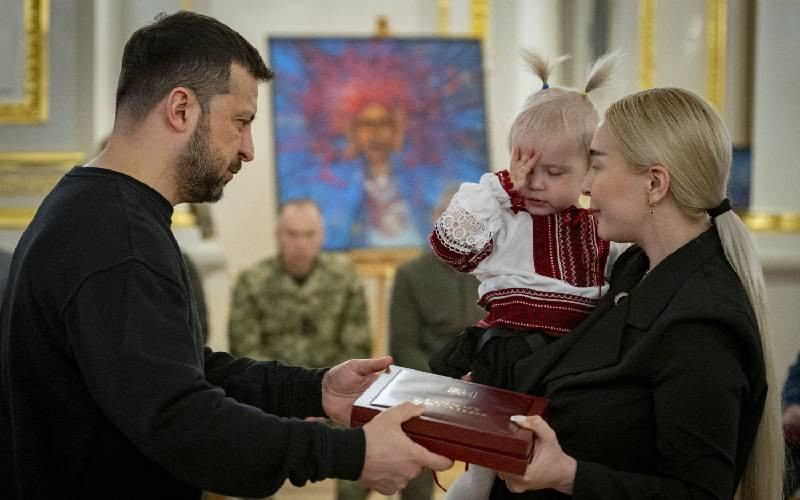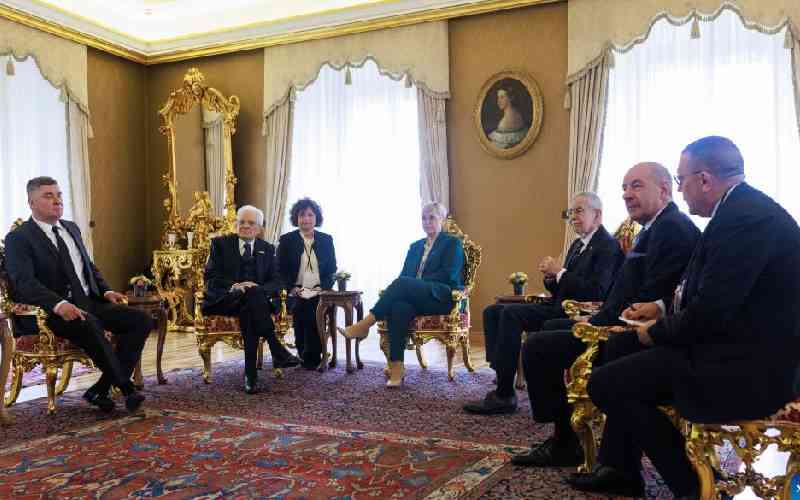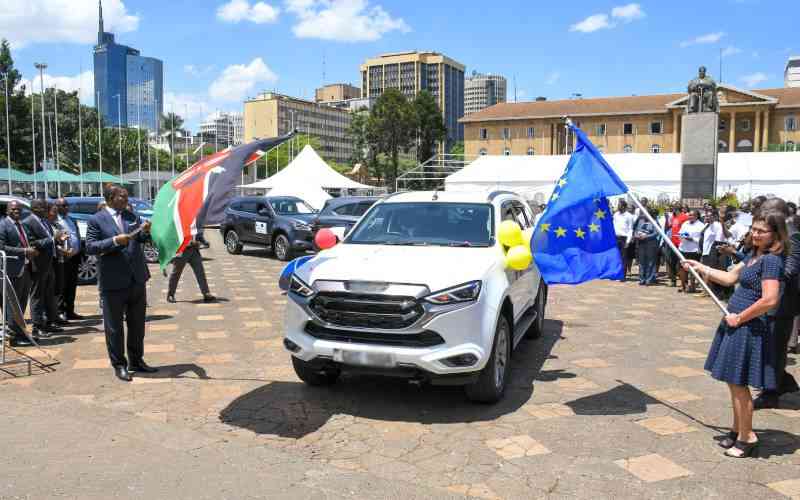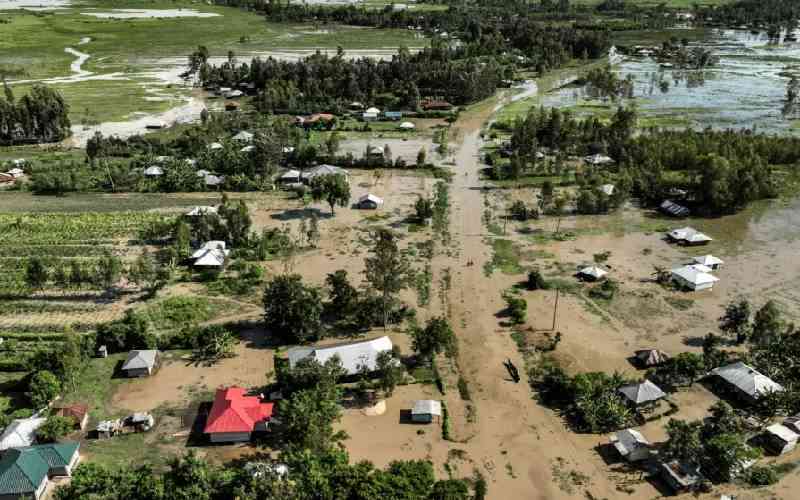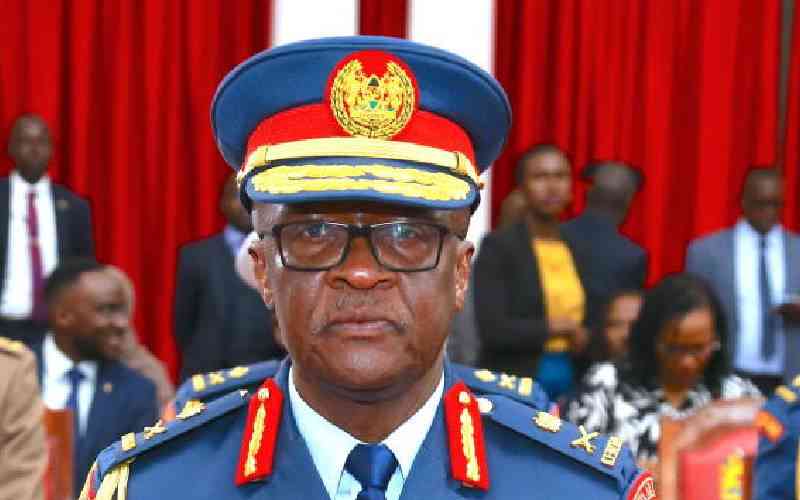East African leaders are to meet on Monday in the latest bid to resolve the political crisis in Burundi, after controversial elections were internationally condemned for not being free and fair.
More than 70 people have been killed in more than two months of protests and a failed coup attempt sparked by President Pierre Nkurunziza's defiant bid for a third term, with almost 144,000 refugees fleeing into neighbouring nations.
"Heads of state will make an assessment of the situation in the country," said Owora Othieno, spokesman for the five-nation East African Community (EAC).
Parliamentary and local elections were held on Monday despite an appeal by UN Secretary General Ban Ki-moon to postpone the polls after months of turmoil.
The UN electoral observer mission said in a report late Thursday that the elections took place "in a tense political crisis, and a climate of widespread fear and intimidation".
The results of the parliamentary polls have yet to be released, but former colonial power Belgium has said it will not recognise the outcome and the United States has also ratcheted up pressure, calling for presidential elections on July 15 to be delayed.
The European Union warned the polls would "only exacerbate the profound crisis", while African Union refused to send observers as the "necessary conditions" were not met to hold credible elections.
The only international observers were those of the UN, who said that "episodes of violence and explosions preceded, and in some cases accompanied election day activities, mostly in Bujumbura," in their nine-page report.
The mission concluded "that the environment was not conducive for free, credible and inclusive elections."
- High security as president campaigns -
The government has not yet reacted to the accusations, but shortly before the UN report was released it said Monday's elections took place in "peace, quiet and security" with a "massive" turnout.
The statement also called on Burundians to prepare in the same manner of "serenity" for presidential polls.
Nkurunziza on Friday held a rally for a third term under tight security in an opposition area, some 15 kilometres (10 mile) outside the capital Bujumbura.
Witnesses said it lasted about half an hour, with a hundred people attending, while sharpshooters guarded the president from surrounding rooftops.
Opponents say Nkurunziza's bid for another term is unconstitutional and violates a peace accord that paved the way for the end of 13 years of civil war in 2006.
Stay informed. Subscribe to our newsletter
The East Africa meeting will be held on July 6 in Tanzania's economic capital Dar es Salaam, where two regional summits on the crisis have already been held.
During the first summit in May 13, a general staged a failed bid to unseat Nkurunziza while the president himself attended the talks.
Nkurunziza did not attend a second summit on May 31, and it was not immediatly clear if he would attend Monday's planned meeting.
The EAC bloc includes Burundi, as well as Kenya, Rwanda, Tanzania and Uganda.
 The Standard Group Plc is a
multi-media organization with investments in media platforms spanning newspaper
print operations, television, radio broadcasting, digital and online services. The
Standard Group is recognized as a leading multi-media house in Kenya with a key
influence in matters of national and international interest.
The Standard Group Plc is a
multi-media organization with investments in media platforms spanning newspaper
print operations, television, radio broadcasting, digital and online services. The
Standard Group is recognized as a leading multi-media house in Kenya with a key
influence in matters of national and international interest.
 The Standard Group Plc is a
multi-media organization with investments in media platforms spanning newspaper
print operations, television, radio broadcasting, digital and online services. The
Standard Group is recognized as a leading multi-media house in Kenya with a key
influence in matters of national and international interest.
The Standard Group Plc is a
multi-media organization with investments in media platforms spanning newspaper
print operations, television, radio broadcasting, digital and online services. The
Standard Group is recognized as a leading multi-media house in Kenya with a key
influence in matters of national and international interest.

